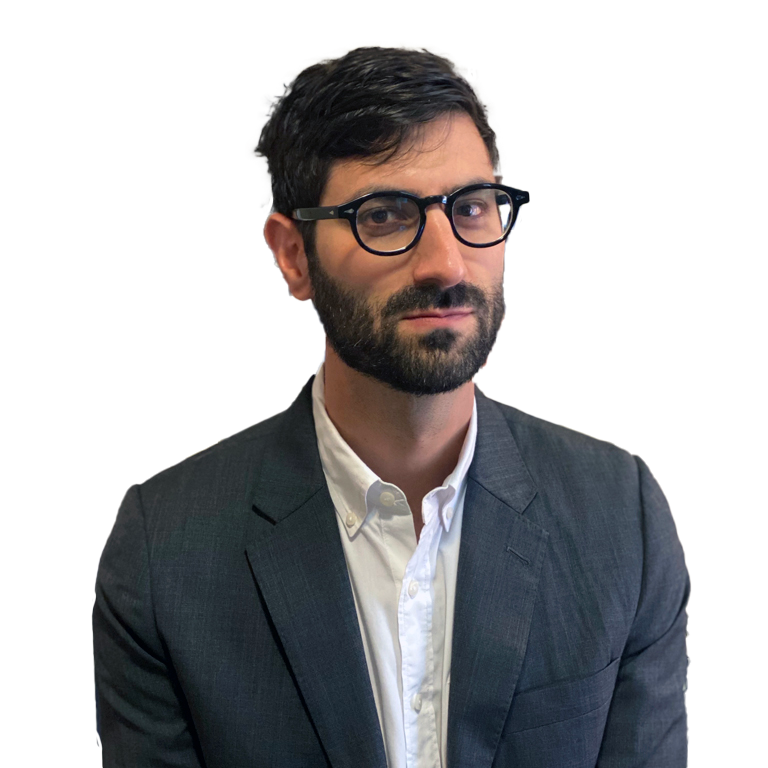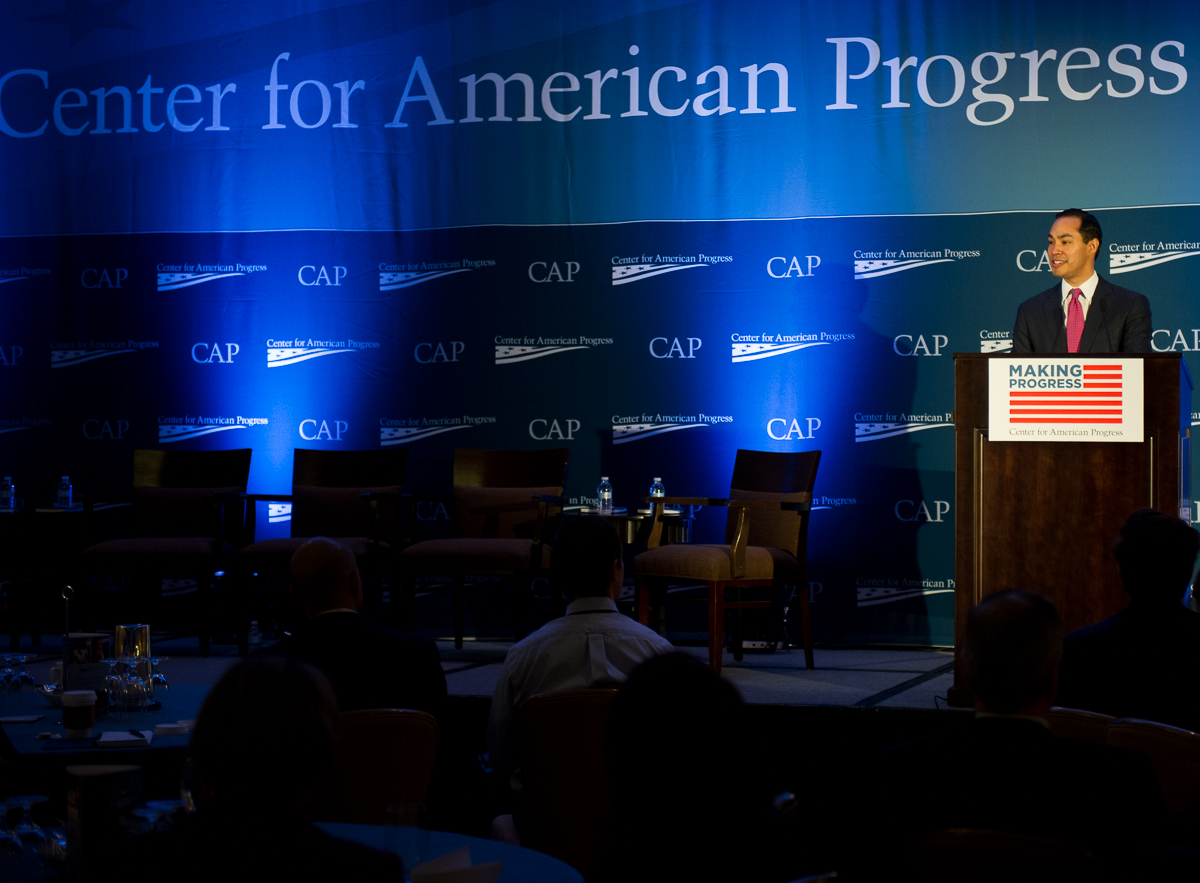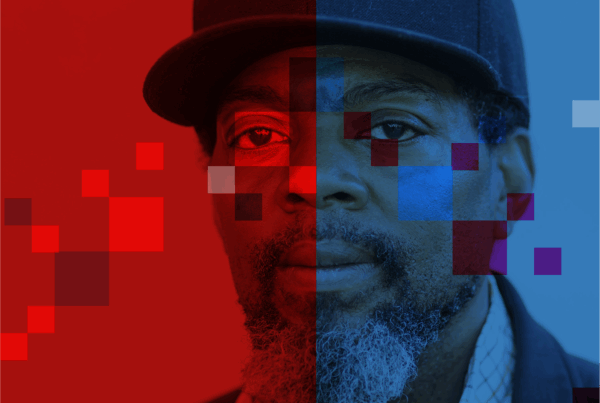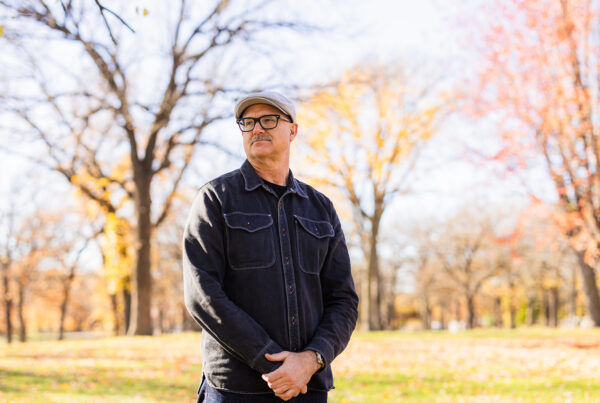A new report from the Center for American Progress (CAP) makes a clear and urgent case: charitable bail funds like The Bail Project are safer, more just, and better for communities than the for-profit commercial bail bond industry.
The report – “3 Reasons Bail Funds Are Safer, More Just, and More Beneficial to Communities Than Commercial Bail Companies” – comes at a critical time. Across the country, the commercial bail industry is working to restrict and eliminate charitable bail funds through legislation. This report is a timely reminder of what’s at stake – and why we refuse to back down.
We don’t exist to profit off of people in crisis. We exist to make sure no one is jailed simply because they can’t afford to pay. Until we replace cash bail with a system based on safety and fairness – not wealth – The Bail Project will continue to fight for freedom that isn’t for sale.
Here’s how we measure up to – and how the commercial bail bond industry undermines – the three core arguments CAP lays out.
1. Charitable Bail Funds Provide Free Services and Support Stability
“Charitable bail funds provide free services and offer resources that can help improve people’s personal and financial security.” – Center for American Progress
The Bail Project:
We use donations to pay bail for thousands of low-income Americans every year – completely free of charge. Our Community Release with Support model helps people navigate the legal process by providing court date reminders and free transportation to court. These supports lead to high return-to-court rates and improved stability. This isn’t charity. It’s smart, effective public service.
Commercial Bond Companies:
Bail bond agents charge non-refundable fees – often 10% or more of the full bail amount – even when someone is found innocent. Some companies tack on additional fees or high interest financing, leaving families in debt for years.
Takeaway:
Commercial bail bond agents drain families of critical resources. We keep families together and help them move forward.
2. Charitable Bail Funds Promote Safety and Justice
“Charitable bail funds operate to improve safety and justice.” – Center for American Progress
The Bail Project:
We know jails are dangerous and that incarceration should be a last resort. But today, 75% of people in jail pretrial are locked up for nonviolent offenses. We work to ensure people can safely return home to their families while awaiting trial, with the support they need to succeed.
Commercial Bond Companies:
The bail bond industry is driven by profit. That means prioritizing high-bail cases, while people with lower bail amounts are left behind.
Takeaway:
We support safety and stability. They fuel cycles of harm and instability – for profit.
3. Charitable Bail Funds Reduce Jail Costs and Save Taxpayer Money
“Charitable bail funds reduce unnecessary pretrial incarceration, saving jurisdictions money.” – Center for American Progress
The Bail Project:
We believe in reducing unnecessary jail stays by offering community-based alternatives for people who are legally innocent and haven’t been convicted of the crimes they’re accused of. Our approach has saved taxpayers over $105 million to date by preventing needless incarceration.
Commercial bond companies:
Instead of helping people, the bail bond industry lobbies for harsher policies to protect their profits. When you prioritize profit over people, lives are lost and families are shattered. Their foolish policies cost an estimated $38 million every day to jail people who haven’t been convicted of a crime.
Takeaway:
We save lives and public dollars. Commercial bond companies profit from mass incarceration – and taxpayers always foot the bill.
Why It Matters
The commercial bail bond industry extracts $2 billion every year from working-class families – and they want more. They are a for-profit cog in the machinery of mass incarceration. We are a nonprofit solution grounded in freedom, safety, and human dignity.
People who pose no risk to their communities should be free to await trial at home – not in jail because they’re poor. When we support people with transportation, reminders, and resources, we increase court appearance rates, strengthen communities, and protect public safety – without relying on cages or debt.
Thank you for your valuable attention. The urgency and complication of the cash bail crisis requires meaningful participation to create real change – change that is only achieved through the support of readers like you. Please consider sharing this piece with your networks and donating what you can today to sustain our vital work.












